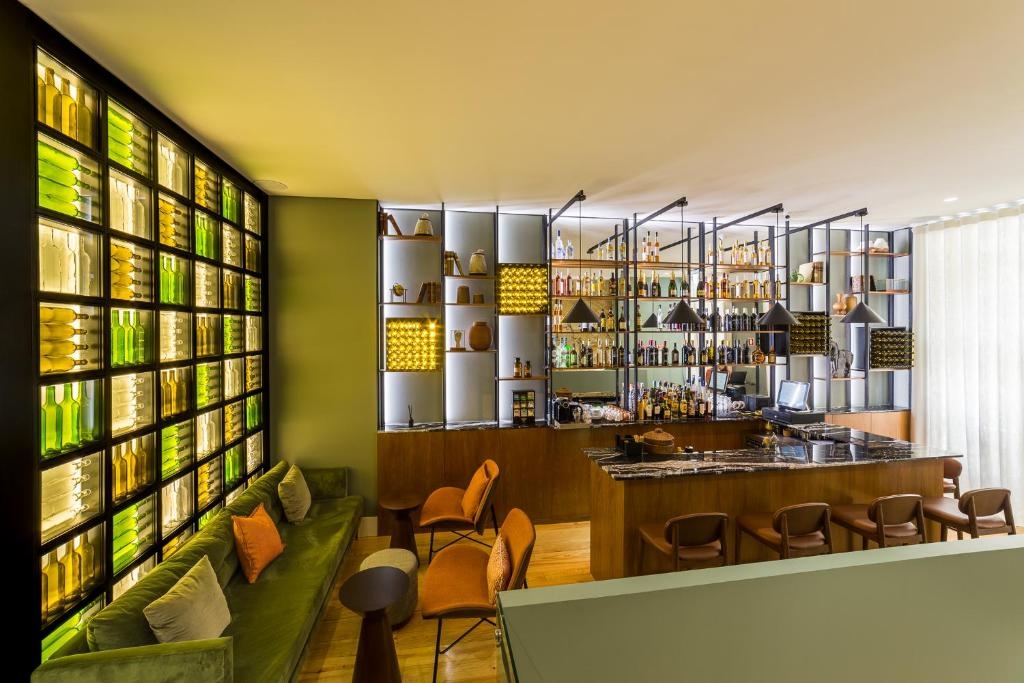
There is in Portugal a creative energy that never ceases to surprise — a rare ability to merge the old and the contemporary, tradition and modernity, without ever losing authenticity.
In a country where culture has always been a lived experience rather than a concept, hotels are now becoming far more than places to stay: they are galleries, studios, and at times, living laboratories where art and life intertwine.
From Lisbon to Porto, from the Alentejo plains to the Douro hills, a new generation of hybrid spaces is emerging, where hospitality becomes emotion, design becomes language, and every detail tells a fragment of modern Portugal.
In these singular hotels, one does not simply come to sleep but to feel.
To feel the texture of a raw wall, the light that turns a room into a painting, the discreet presence of a piece of art that seems to blend into its surroundings.
Everything seems conceived to awaken curiosity, to heighten sensitivity, to dissolve the boundaries between art, daily life, and the simple pleasure of being.
When Hospitality Becomes an Artistic Experience
The idea of turning a hotel into a space of creation is no passing whim — it reflects a deeper movement that has been shaping Portugal’s cultural landscape for over a decade.
Architects, creators, and hoteliers see in it a new form of expression, a way to invent a lifestyle where every space carries meaning.
Some Lisbon hotels, such as the 1908 Lisboa Hotel, or Porto’s Torel Avantgarde, have made aesthetics a philosophy in itself.
The first, housed in an Art Nouveau building, fuses contemporary design with industrial memory, turning corridors into visual narratives.
The second, inspired by the great artists of the 20th century, pays tribute to creative spirit with rooms dedicated to Frida Kahlo, Picasso, and Amadeo de Souza-Cardoso.
Far from standardized hotel chains, these establishments embody a simple conviction: a stay can be a work of art.
Every gesture, every light, every object contributes to an aesthetic story where excess gives way to poetry.
Hotel-Galleries that Open Dialogue
In this new landscape of Portuguese hospitality, art has stepped out of museums.
It lives in the everyday — in the lounge where you sip your morning coffee, in the hallway you pass through, in the bar where conversations flow.
In Lisbon, hotels like The Lumiares and The Art Inn collaborate with Portuguese artists to showcase paintings, photographs, and installations, transforming every corner into a living gallery.
The works change with the seasons, exhibitions are open to locals and travelers alike, and the hotel becomes a true meeting place.
Some go even further by offering artist residencies.
The lobby becomes a workshop, the terrace a stage, and guests are invited to witness the creative process firsthand.
In these places, the boundary between private and public dissolves — art is no longer something to look at, but something to live.
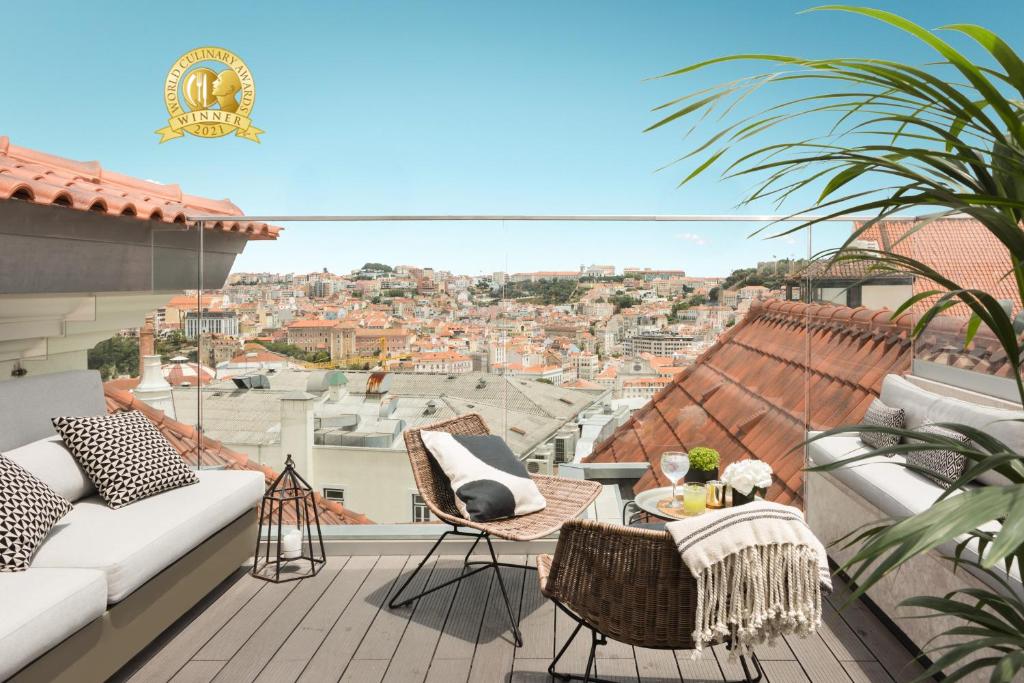
Portuguese Design as a Language of Identity
One of Portugal’s greatest strengths lies in its ability to tell stories through materials.
Design here is not just a discipline — it is an emotion, a way of translating culture into form and feeling.
Contemporary hotels have embraced this philosophy, working with architects and designers who draw inspiration from the country’s light, natural textures, gentle landscapes, and artisanal heritage.
At Dá Licença, in Estremoz, every piece of furniture is unique, sculpted from local stone or shaped by a craftsman’s hand.
At Casa Modesta, near Faro, modernity is expressed in the purity of lines, in the balance between earth and sky, in the poetry of a shadow falling on whitewashed walls.
These places do not seek to impress but to touch.
They radiate a sense of belonging and intimacy.
Here, design ceases to be decorative and becomes cultural — an act of creation and transmission, a dialogue between craft and emotion.
Between Participation and Immersion
Art in Portugal has never been elitist — it is lived, shared, and practiced.
Some hotels have chosen to make this philosophy their own.
In Zambujeira do Mar, the Craveiral Farmhouse organizes ceramic workshops, performances, screenings, and collaborative dinners, inviting guests to participate, create, and connect with the territory in a more tangible way.
Elsewhere, in more urban contexts, hotels like Porto’s Zero Box Lodge transform hospitality into an experiment, mixing sound installations, performances, and modular spaces that challenge perception.
These places become sensory experiences where creativity is expressed through light, sound, texture, and taste.
Each stay is a performance, each night a chapter in a collective story between artists, travelers, and hosts.
Portugal as a Laboratory Between Art and Life
This transformation of Portugal’s hotel scene is anything but accidental.
The country, long seen as discreet, has become a cultural laboratory where architects, designers, musicians, chefs, and visual artists converge.
Lisbon attracts creators from across the globe, Porto pulses with contemporary energy, and in rural areas, young artists are reviving forgotten buildings and redefining their purpose.
Hospitality has naturally followed this creative momentum.
Every project is a manifesto — a statement that culture can be lived daily, without barriers or solemnity.
A dinner can become a performance, a bedroom can become a gallery, and a garden can become a place of reflection.
Portugal proves that a hotel can be more than a refuge — it can be a territory of freedom and creation.
Conclusion
These new Portuguese hotels are more than accommodations — they are living works of art.
They tell the story of a country moving forward without losing its soul, a country that turns beauty into a gesture of simplicity and culture into an act of sharing.
To enter one of these places is to step into a universe where hospitality becomes poetic, where every color, every sound, and every silence contributes to a delicate, emotional narrative.
Travel no longer means moving from one place to another — it becomes an inner experience, a meeting point between art, territory, and humanity.
And perhaps that is why, in Portugal, a hotel sometimes becomes a gallery — because here, more than anywhere else, life itself is a form of art.
Share this article
Suggested articles
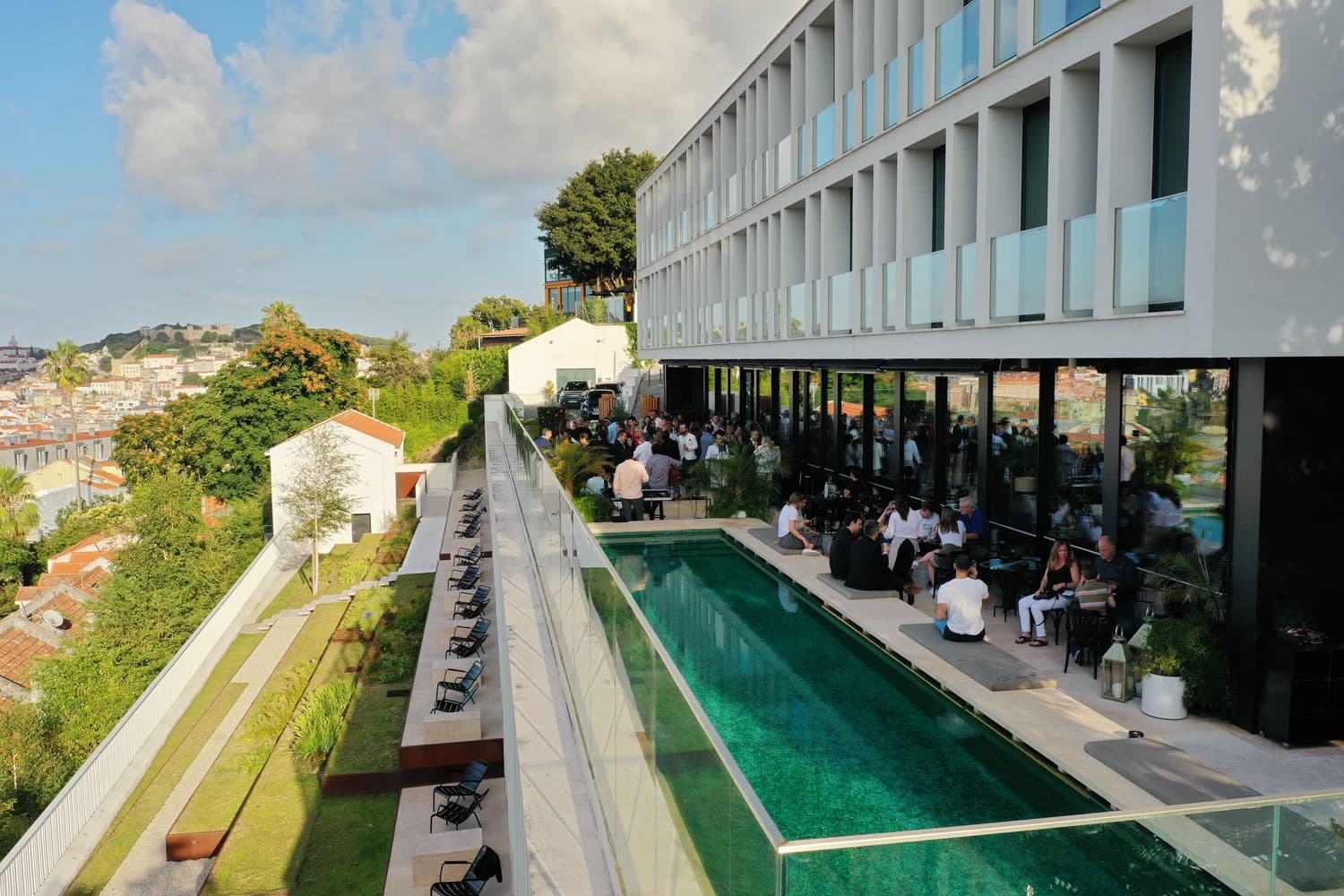
Portugal Through Its Boutique Hotels: Intimate Journeys and Stories to Tell
To discover Portugal through its boutique hotels is to embark on a journey designed on a human scale, an experience where every place tells a story and every room seems to have a soul. Far from tourist resorts and impersonal chains, these establishments cultivate a unique charm, an atmosphere built on calm, beauty, and attention to detail.
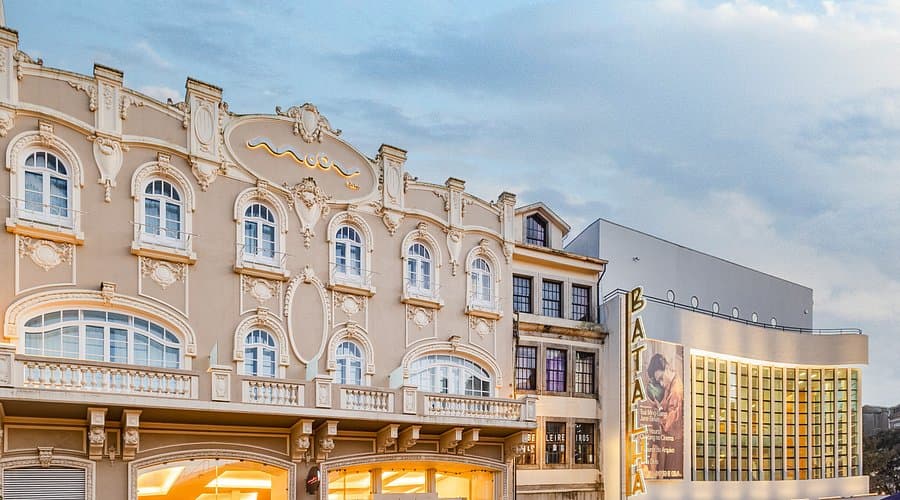
Design and Local Identity: How Contemporary Hotels Tell the Story of Modern Portugal
There is something unique about the way Portugal reinvents itself without ever losing its essence. While other countries seek to impress through spectacle, Portugal prefers to enchant through sincerity. In the contemporary hotels that have emerged from north to south, one senses a delicate harmony between innovation and memory, between architectural boldness and artisanal subtlety.
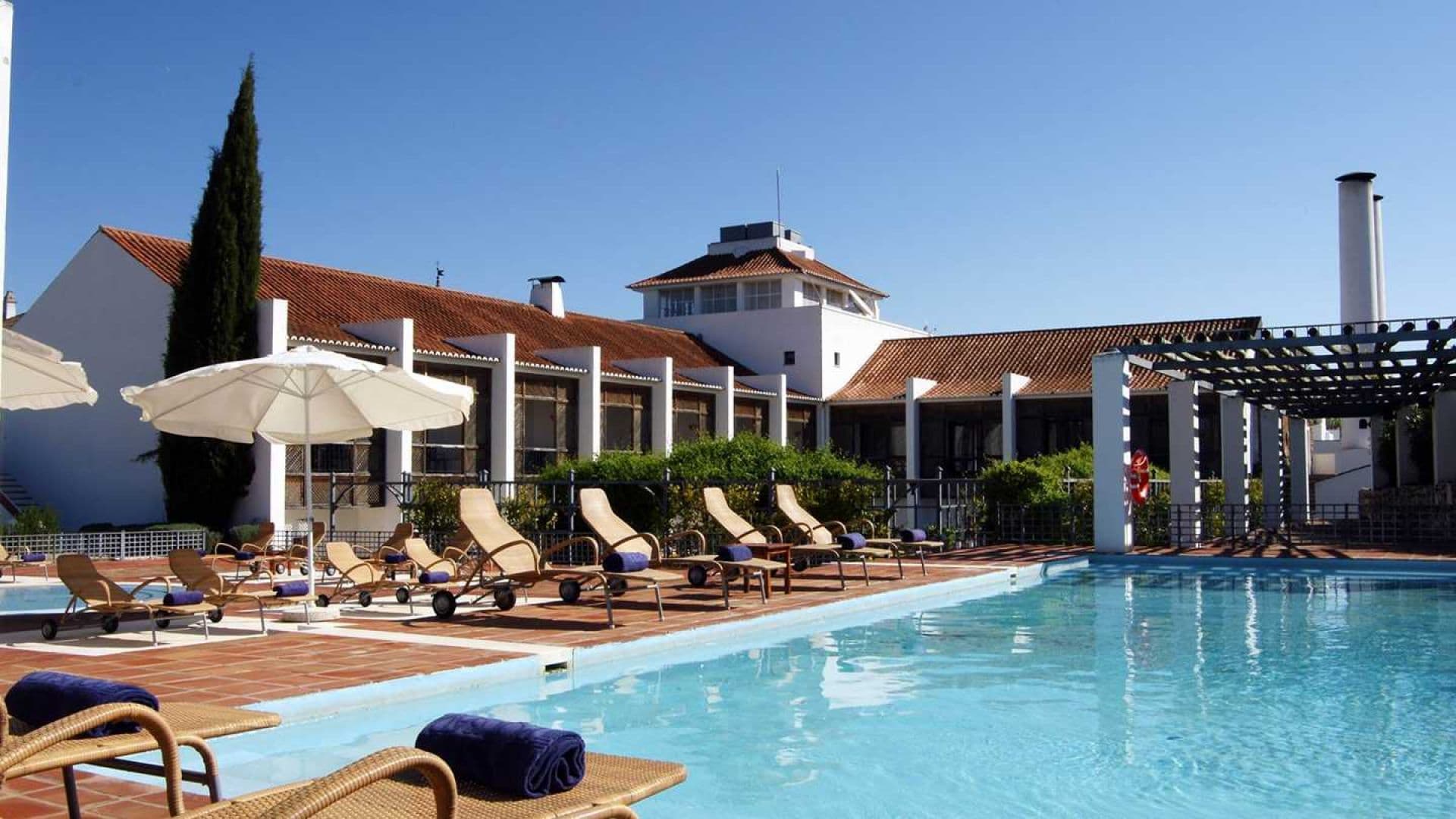
When Hospitality Becomes Heritage: The Historic Hotels of Portugal
Portugal is a country that doesn’t just preserve its heritage: it inhabits it, reinvents it, and shares it with its visitors. Across the nation, historic buildings have been given new life as hotels, where the charm of the past meets the comfort of the present. Sleeping in a former convent or royal palace here isn’t an unattainable luxury, but a way to experience Portuguese history from within.
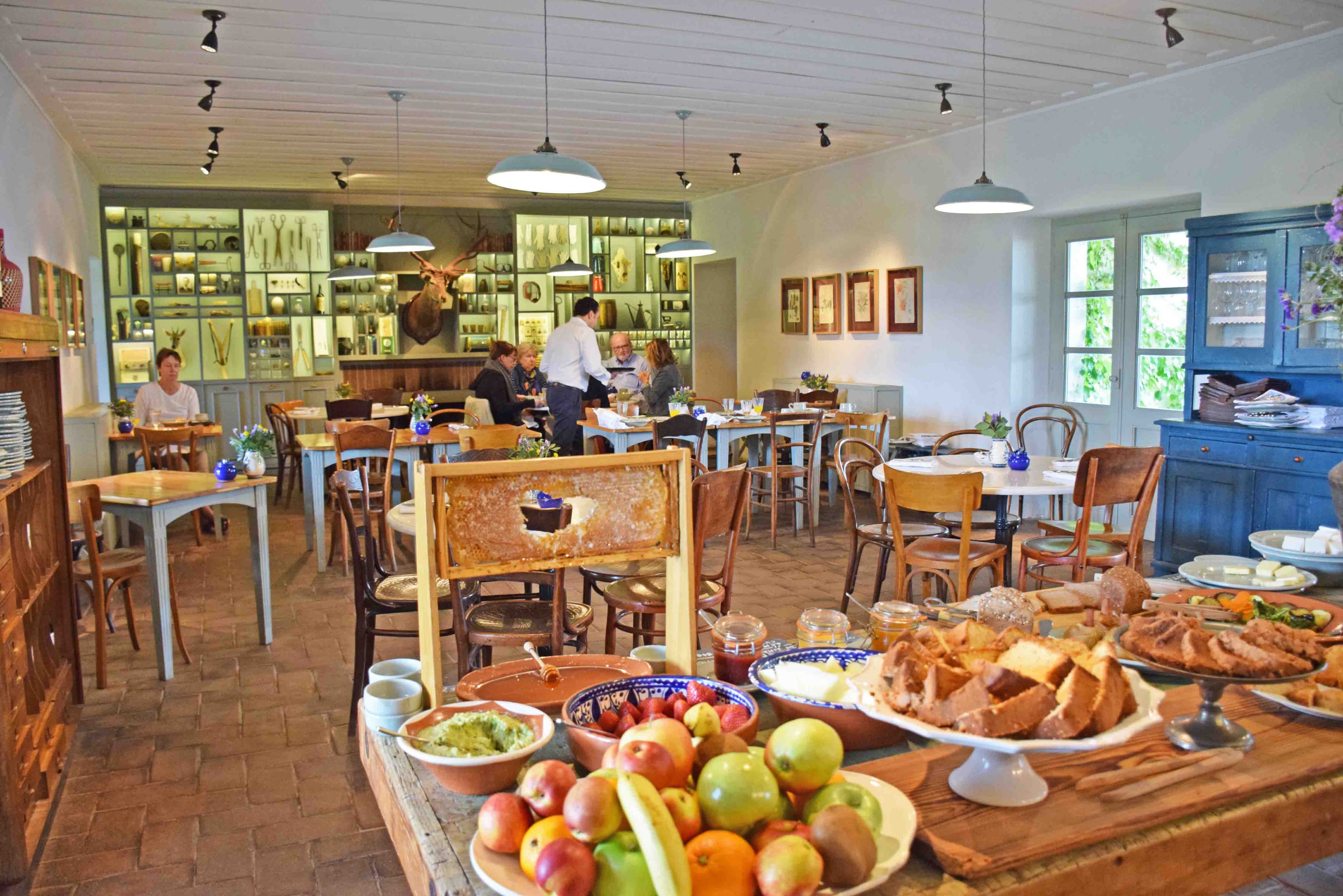
Nature, Terroir and Hospitality: The Rural and Authentic Adventure in Portugal
While Portugal’s cities charm visitors with their energy and history, it is in the countryside that the country reveals its truest soul. Far from the noise of the metropolises, another Portugal unfolds — the one of the Douro Valley’s slopes, the golden plains of the Alentejo, the mountains of Serra da Estrela, and the lush orchards of Minho. Here, luxury is not measured in extravagance, but in essence. And from this philosophy has emerged a new generation of rural hotels that bring together nature, terroir, and the art of living well.


